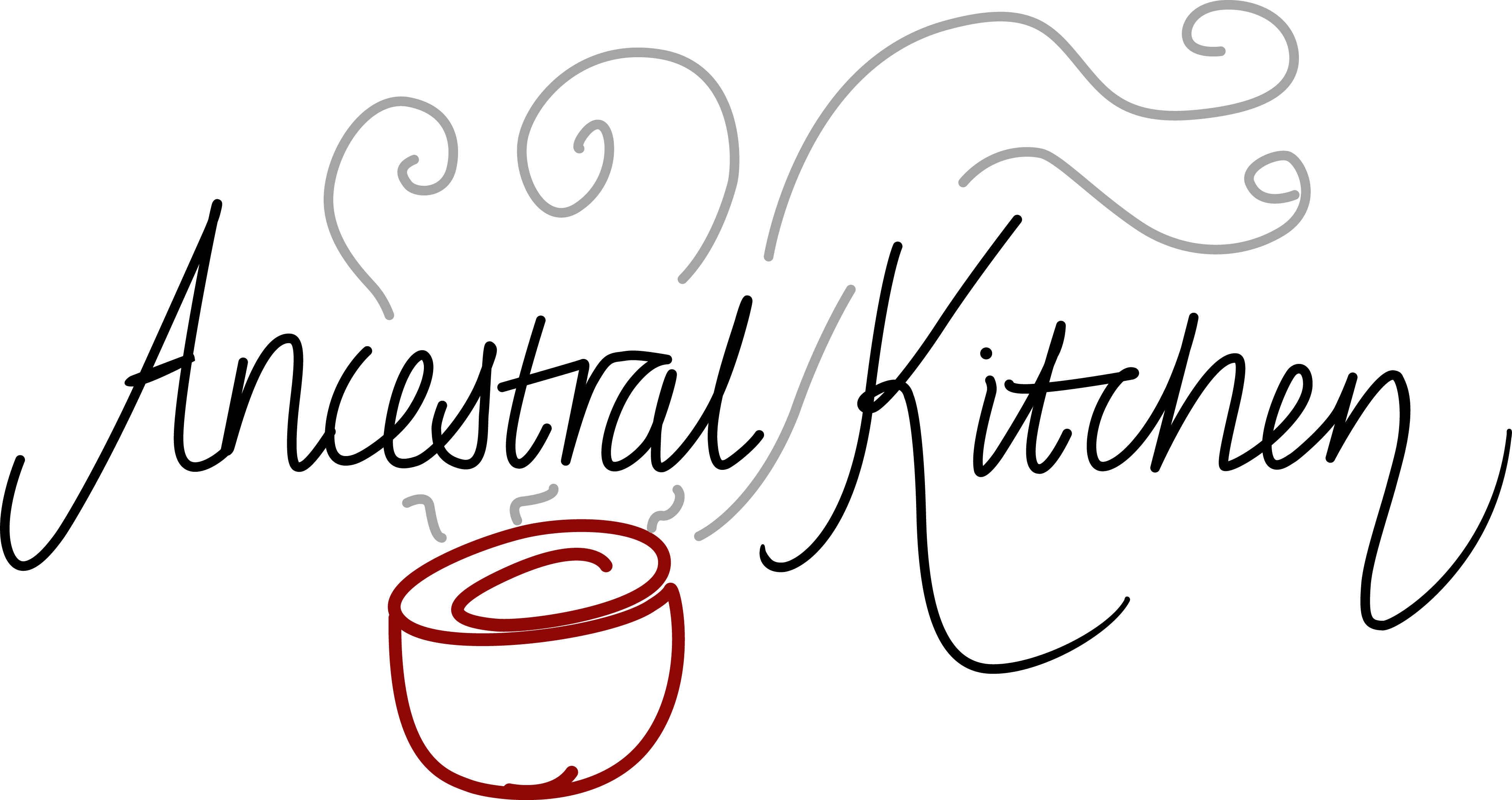I’ve spent the last week writing up how I make medieval ale in my kitchen.
Looking back over what I wrote, I’m astounded: it’s an incredible amount of work!
Yet this is a fraction of what women did in the home just a few hundred years ago. Yes, there was ale, a lot of ale, but there was also making bread, dairying, looking after children, cleaning, tending to the garden and animals, ensuring everyone was clothed and much more.
And in pre-industrial households, it’s not as if the men didn’t work! Partnerships were very practical, both sexes depending on each other to subsist. Some tasks were generally undertaken by women (because of their physicality or nature), some by men.
The household was a unit of economic value. Society lived by that value.
That all changed with industrialisation.
At that moment, we began to outsource women’s and men’s household work. That outsourcing was mainly organised by men who started doing it ‘more efficiently’ and for a profit. House-holders then had to travel outside the home to work.
No more preparing breads with the best available ingredients, no more home-brewed ale, no more keeping animals, no more drinking fresh milk.
Fast forward a couple of hundred years and we now have mass-produced, foreign-flour bread with a list of additives as long as our arms, packaged in plastic (that ends up in our fish) and transported across countries in polluting lorries.
Instead of home-made ale we have homogeneous beers. We have wines made of grapes whose natural yeasts are killed before being inoculated with lab grown cultures. We have global brands of sugar-filled soft drinks.
And the Western world is full of disconnected, dissatisfied people with ever-decreasing health. I know that you know it’s not a coincidence.
And yet in our world at large, women who decide not to ‘work’, to instead stay at home and care for their children, tend a garden and make meals from fresh ingredients are lost members of society, literally deemed (until very recently in the US at least) unemployed because they don’t make an economic contribution.
I am thankful that there are women and men out there who are shouting as loud as they can about the value of home-making and I want to add to their call.
What can I do?
How can I amplify my voice and the voices of so many women, like me, who know the value of this work and want the world to realise what it’s ignoring, what it’s devaluing, what we’ve lost?
These are questions I ask myself every day.
As well as moving back to the UK this summer, my husband Rob and I have decided to home-school our son, Gabriel. One of the biggest factors in this decision has been how much we value the work that we both do in our home. We want to pass these important skills onto our son.
Yes, we want him to know how to read and write and yes, we want him to know that he can pursue the things that light him up, but we also want him to know what it takes to run a household sanely and healthily.
We don’t have a daughter; we’ll be passing what society deems women’s work on to our son. Because there’s a bigger issue here than how work was, is or should be divided between women and men. Taking responsibility for all the facets of personal and societal health within the home is important and society has devalued and pushed it away for too long. We want it to flow through the veins of our child notwithstanding his gender.
So that, as well as being able to turn his hand to making traditional ale at home, he will also know how to how to bake proper bread, how to feed himself well, how to work with the ingredients around him, and how to provide for himself.
In order to turn around the numerous problems our modern Western society has, we must begin to value again the life-giving, holistic work that has been carried out by women and men for thousands of years inside the four walls of the home.
p.s. If you’d like to have a go at the ale, I’m enthusiastically behind you. There’s an ale and brewing thread on the podcast patreon forum (you can join here for just $5 a month) where I can provide additional support and guidance.

